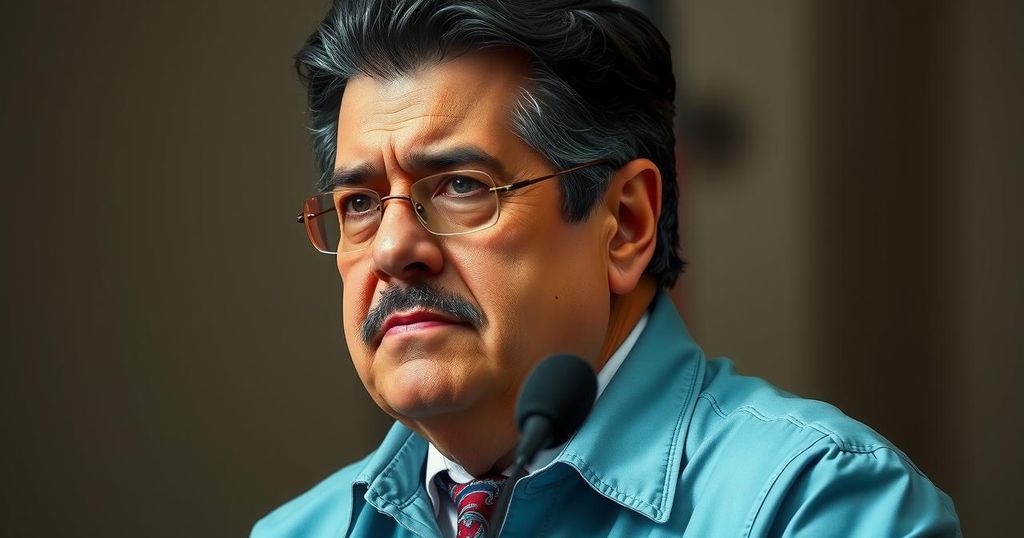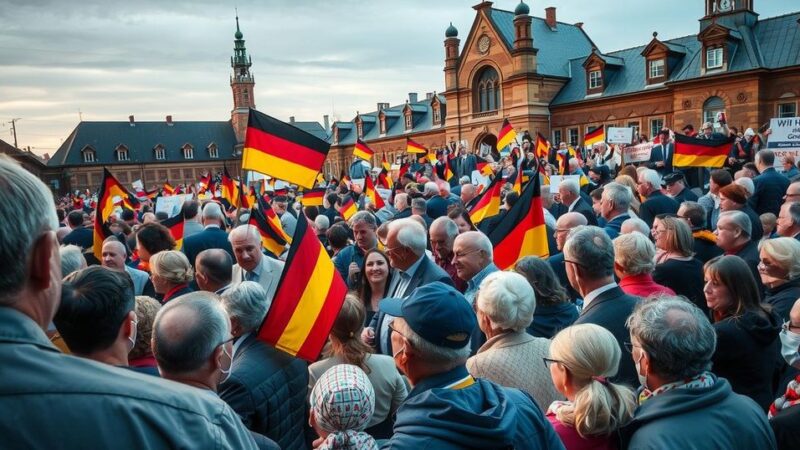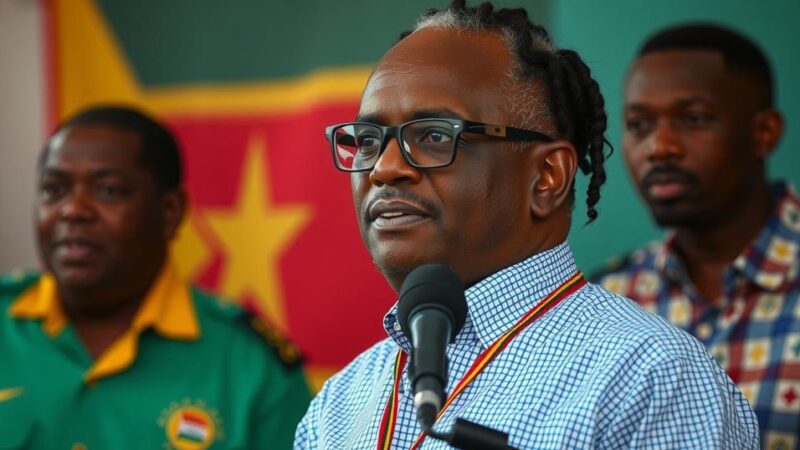Following Venezuela’s elections on July 28, President Nicolás Maduro’s regime launched intensified repression against anyone perceived as a threat. This authoritarian response has led to an environment of fear and uncertainty, where both prominent dissenters and ordinary citizens experience alarming harassment and arbitrary arrests. The case of eight aides to opposition leader María Corina Machado highlights the extreme measures taken by the regime to suppress dissent and maintain control over a populace now living under constant threat of persecution.
The current political landscape in Venezuela has escalated into a new phase of severe repression following the July 28 elections, in which Venezuelans expressed their discontent with President Nicolás Maduro. The landscape is characterized not merely by the familiar sense of crisis, often referred to as ‘la situación’, but now significantly by increasing dread known as ‘la represión’. Post-election, Maduro’s regime implemented widespread intimidation tactics, rendering life in Venezuela fraught with anxiety and uncertainty. The regime has intensified its crackdown, especially against perceived dissenters, leading to arbitrary arrests of both political figures and ordinary citizens.
Initially, during a brief period of apparent normalization, Venezuela’s conflicted society began to see signs of recovery under conditions set by Maduro’s tacit agreement: if citizens did not oppose him, their lives could improve slightly. Nonetheless, the striking results of the election, which nearly two-thirds of voters viewed as a rejection of Maduro’s rule, prompted a swift reassertion of control by the regime, which includes not just overt violence, but also pervasive surveillance and manipulation of information.
A specific case that captures this repressive environment involves eight close aides of the opposition leader, María Corina Machado, who sought asylum in the Argentine embassy after facing arrest warrants from Maduro’s government. Following their asylum claims, they found themselves essentially imprisoned within the embassy, surrounded by military police, and deprived of vital resources. Maduro’s government appears unwilling to directly target Machado, perhaps recognizing the international repercussions such an act could entail, yet the regime has decisively chosen to impose harsh measures on her associates to maintain a climate of fear.
As reported, attempts to negotiate their release through perceived hostage deals signify the lengths to which the regime will go to manipulate its opposition while suppressing dissent. The atmosphere in which these individuals are held illustrates the Maduro government’s commitment to extending its dominion by employing uncertainty and unpredictability as tools of repression. Consequently, ordinary citizens are left grappling with the heightened fears and risks associated with mere association to dissenting figures, making day-to-day life in Venezuela increasingly precarious and fraught with consequence.
Venezuela has a long history of political and economic turmoil, particularly under Presidents Hugo Chávez and Nicolás Maduro. Following Chávez’s death in 2013, Maduro’s administration witnessed declining living conditions alongside widespread allegations of electoral fraud and human rights abuses. Initially, the country faced dramatic economic collapse leading to an exodus of its citizens. More recently, the focus has shifted from economic downfall to the systemic repression of dissenters, as evident in the myriad arrests of opposition members and other perceived threats to the regime.
The current situation in Venezuela under Nicolás Maduro is marked by an alarming intensification of repression, as the regime punishes both vocal dissenters and those who simply oppose its views through intimidation tactics and arbitrary detentions. The recent elections have exacerbated the political climate, illuminating the regime’s reliance on fear and unpredictability to maintain control. Within this charged atmosphere, ordinary Venezuelans are caught in a difficult position, where even the faintest signs of opposition threaten their safety and security, fundamentally altering the fabric of daily life in the country.
Original Source: www.theatlantic.com







